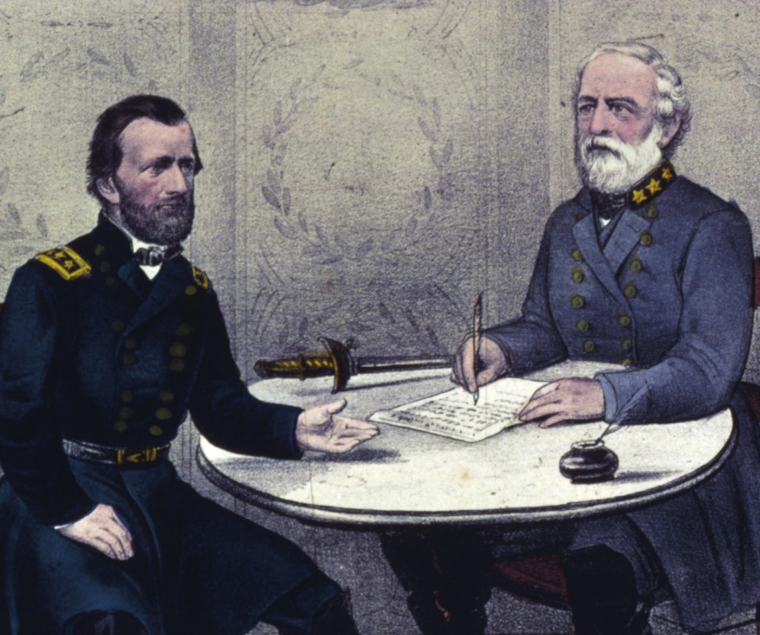The University’s of Kent’s annual Bolt Lecture, taking place on Tuesday 17th November will this year address ‘How North and South were Reconciled After the American Civil War‘. Professor Robert Cook of the University of Sussex will be giving the lecture at 6pm in Grimond Lecture Theatre Two. All are welcome to attend and a drinks reception will follow the lecture.
About the talk
There was nothing inevitable about reconciliation between northerners and southerners after their internecine killing spree of 1861–1865. Recent estimates put the death toll in the American Civil War at around 750,000. So much death, grief, and destruction left a bitter legacy that was compounded by the political struggles of the Reconstruction era. Throughout the late nineteenth century memories of past crimes and sufferings obstructed efforts to bring Unionists and Confederates together. Yet by the time the United States went to war once again in the spring of 1898 the odds had been defied. Northern and southern volunteers fought together against the Spaniards in Cuba and both of the erstwhile warring sections provided support for the conflict. When, later that year, President William McKinley stated publicly that it was time for the federal government to accept responsibility for the care of the Rebel dead, it was clear that the wartime scars had begun to heal in earnest.
In the light of recent books by David Blight and Caroline Janney, this lecture delineates the pace and chronology of the reconciliation process as well as the reasons why that process did not reach a decisive tipping point until the 1890s. It demonstrates the central role played by politics as well as cultural and economic change in the obstruction and promotion of North-South amity, paying particular attention to the activities of northern Republicans, southern Democrats, Civil War veterans and southern white women. Ultimately reconciliation was less the product of a fraternal lovefest as it was depicted in Ken Burns’s well-known television documentary on the Civil War, than a series of often grudging accommodations involving members of the wartime and post-war generations on both sides of the Mason-Dixon Line.
About the speaker
Robert Cook is Professor of American History at the University of Sussex. Although he considers himself primarily a historian of the United States during the era of the Civil War, his research interests lie at the intersection of race, politics and society in both the nineteenth and the twentieth century. He has written six books to date including popular surveys of the civil rights movement and the Civil War era as well as a well-received study of the troubled Civil War Centennial of the 1960s which was shortlisted for the 2008 Lincoln Prize. His latest book, co-authored with William Barney and Elizabeth Varon, is a short collection of essays on the outbreak of the Civil War entitled Secession Winter: When the Union Fell Apart (Johns Hopkins University Press, 2013). He is currently writing a history of Civil War memory from Lincoln to Obama.

